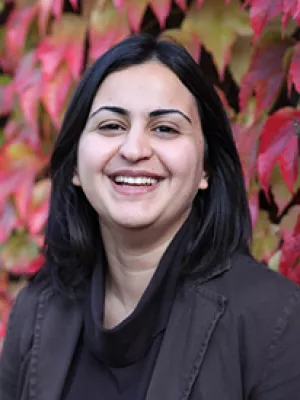
Maryam Nastar
Researcher, Docent

A case for urban liveability from below : exploring the politics of water and land access for greater liveability in Kampala, Uganda
Author
Summary, in English
Improving urban liveability and prosperity is commonly set as a priority in urban development plans and policy around the world. Several annual reports produced by international consulting firms, media, and global agencies rank the liveability of cities based on a set of indicators, to represent the quality of life in these cities. The higher is the ranking, the more liveable is the city. In this paper, we argue that such quantitative approaches to framing and addressing urban liveability challenges leave little room to reflect on people's experiences of this liveability, which cannot be expressed through numbers. To illustrate our argument, we draw on empirical evidence of urban liveability challenges in access to water and land in Kampala, the capital city of Uganda, ranked recently as the most liveable East African city by various global agencies and media outlets. By showing that increasing the number of water connections does not guarantee improved access to water and sanitation in the long run, first, we demonstrate how urban liveability challenges are tightly linked with land-title issues in the city. Second, we highlight the political game-playing between the central government, the opposition, the traditional leadership, and the slum dwellers in governance processes of service delivery. Finally, by arguing that urban liveability can be enhanced by broadening political participation in city development planning, we discuss some of the strategies that can be used by communities to make collective claims towards improving their quality of life and the environment.
Department/s
- LUCSUS (Lund University Centre for Sustainability Studies)
Publishing year
2019-02-01
Language
English
Pages
358-373
Publication/Series
Local Environment
Volume
24
Issue
4
Document type
Journal article
Publisher
Carfax Publishing
Topic
- Social and Economic Geography
Keywords
- collective claims
- Kampala
- land ownership
- Uganda
- Urban liveability
- water access
Status
Published
ISBN/ISSN/Other
- ISSN: 1354-9839